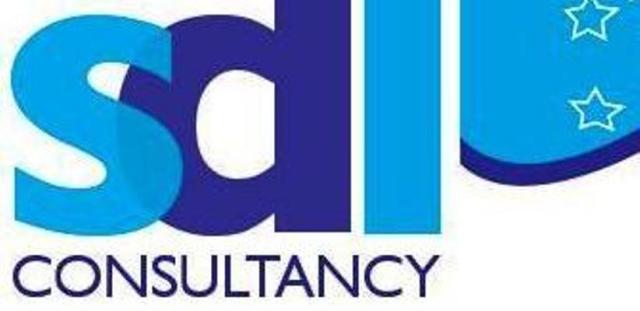By Sai Lealea - 13 December 2009
In thinking about how Fiji might be able to chart its way out of the present bleak political situation, I thought an exercise in future scenario planning could offer a number of plausible stories that could guide the development of a pathway to stable democratic rule.
In thinking about how Fiji might be able to chart its way out of the present bleak political situation, I thought an exercise in future scenario planning could offer a number of plausible stories that could guide the development of a pathway to stable democratic rule.
Borrowing from the South African "Mont Fleur" experience during the transition from minority white rule, four similar future scenarios emerge that are applicable to Fiji if we project a 10 year future to 2020. The four scenarios provide alternative views of Fiji’s future and identify some significant events, main actors and their motivations and convey how Fiji relates to the world.
The year takes into account the current regime's plan to have elections in 2014 and so the scenarios cover the intention to have in place an "elected" government.
As is the process in future scenario planning, the key question asked of the future scenarios or stories is: How will the plan to return Fiji to democratic rule go and whether the nation will be successful in securing a stable future?
I plan to develop these scenarios further, but in brief the four stories are:
• Extended Interim Regime – no election in 2014 as regime bides its time to effect changes or entrench its rule. Disastrous for the economy and as negative impact bites, unrest will grow so crack down increases. Fiji is further isolated. No end in site.
• New Military Endorsed Government in Power – some form of state sponsored election fraud occurs and government officials, like in Zimbabwe, used as agents and supervised by military personnel already in senior government posts. All law and order and enforcement agencies, FICAC, Crown Law, Justice and Military, Police and Prison service will play an active role in elections, overseen closely by regime figures.
• New Government in Opposition to Current Regime – elected under a “new constitution” it opposed. Begins to reverse current regime’s policies and seek return to previous constitutional order. Sets in place process to prosecute 2006 coup perpetrators. Inherits a collapsed economy and citizens’ demand for relief increase manifold. Overseas aid and assistance provide some relief but is insufficient. Increase in social expenditure only bleeds the economy further. Military intervention highly likely using the widespread suffering and chaos as an excuse.
• Return to Democratic Rule is Successful via a Negotiated Settlement – Military returns to Camp. All the regime’s decrees and policies to be reviewed and those of merit to be extended. An exercise in national reconciliation and healing akin to a Truth Commission is put in place and facilitated by neutral external experts. Question of Immunity be subject to national referendum including the future of Fiji’s military and promulgation of any new constitution after a constitutional review. Regional and international partners drafted in to provide security where required especially in lead up to referendum and national election. Economy starts to mend and slowly takes off.
There are clearly three dark prophecies that are plausible futures for Fiji. The last one does offer hope and no doubt presents a possible way ahead. As part of story telling, these 4 stories could be refined further and shared widely for feedback and discussion.
At this stage, the intention should not necessarily be about making a choice but refining the scenarios and testing the assumptions and driving factors involved.
Ideally it would be great to have the means to engage and bring together a diverse group of stakeholders to flesh out the four scenarios and further consult widely before publishing the stories in Fiji and abroad. To this end, I have written to various potential partners in the hope sponsorship could be secured for this work to take place.

